
We kindly inform you that, as long as the subject affiliation of our 300.000+ articles is in progress, you might get unsufficient or no results on your third level or second level search. In this case, please broaden your search criteria.

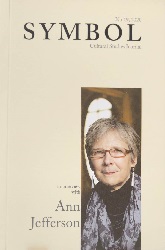
This article analyses the creation, non-communication and communication of Zef Zorba. His creation and non-communication belong to the communist era, while communication has been achieved under democracy. Perceiving Zorba as a hermetist and elitist poet, Shllaku sees the verse as closely bound up with the poet’s destiny and with existentialist philosophy. Accordingly, the piece analyses the craftsmanship of the poet together with the fate and philosophy of his poetry. Finally, the author offers a personal analysis of the work Lips Frozen in Joy [Buzë të ngrira në gaz].
More...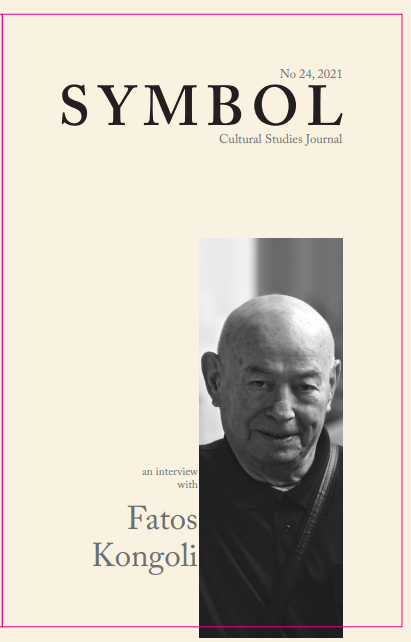
In Kongoli’s novels there is a main character at the center, around whom all the questions of the action revolve. But in addition to this main character, there are a number of other characters who act, speak, establish various connections and relationships, become actors in the events, and thus assume certain functions within the narrative. Kongoli’s characters become executioners of themselves, they can not see the beautiful face of the world, but only find it by going back in time, through childish retrospection.
More...
The present study intends to look at the ways in which humour enacts modes of knowledge and self-expression in Katherine Mansfield’s short story “The Daughters of the Late Colonel” (1921). The story revolves around two spinsterly sisters who have spent most of their lives tending to their tyrannical father and now find themselves at a loss when they are finally free of him. The narrative is both sympathetic and merciless towards the sisters’ fumbling attempts at independence, but the women are often in on the joke; humour is both a “black dressing-gown” which envelops the sisters and renders them objects of ridicule, but it is also a way out, offering a subversive counterpoint to the voice of the Father, as the sisters imagine the patriarch in very comical and undignified positions, while perceiving themselves as outsiders, “creeping off…like black cats”. Though the short story has often been read in terms of hopelessness and despair by Rhoda B. Nathan and Gerri Kimber, this paper wishes to show how humour modulates and moderates this hopelessness, allowing for the two single women to assert their personality within the stifling society of their time. The ridiculous, in this case, does not need to be a death sentence, but rather a form of knowledge and resistance: the spinsters are aware of the absurdity of their condition and the futility of their place in the modern world and choose comedy over tragedy.
More...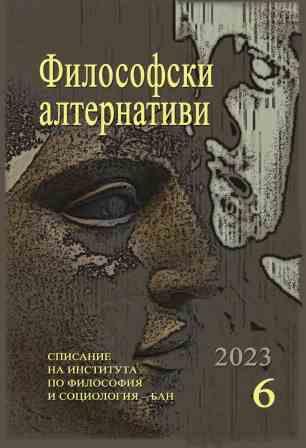
This text aims to trace, through Darin Tenev's thesis on the relationship between possibility and negativity, how Heidegger's thinking proposes death as a self-possibility and how not-being-able-to-be in superposition against the horizon of the world ultimately can be interpreted as “sublated” in death as “Dasein's ownmost possibility”. Blanchot, who follows Heidegger in many respects, takes a radically different position towards death, speaking of death as an impossibility, which in the process of dying is less and less owned death.
More...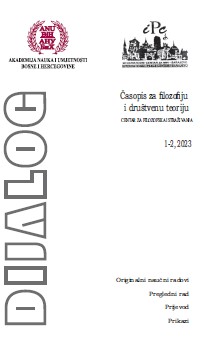
The essay is an innovative and original reflection of the problematics of the new virtual social reality and sexuality as re-instating and reinventing the real as the “New Real”, written in Baudrillard’s terminology, inspired by his works Seduction, Simulacra and Simulation and The Transparency of Evil, Essays on Extreme Phenomena for rethinking and deconstructing theories of social relationships, the philosophy of the postmodern society and sexuality in terms of simulation and hyperreality with significant references to Lacan’s conceptual system in his seminars “Love and the Signifier” in his Seminar XX. The interpretation of the “new reality”, the real and the hyperreal will make significant comparisons of Baudrillard and Lacan, referring to similar concepts, but understood and illustrated in a different context of Baudrillard’s philosophy of the postmodern and post-social state, simulations and technological virtual life and Lacan’s psychoanalytical hermeneutics of social and sexual relationships between signifiers. Theories and references studied and elaborated are used to provide and elaborate the idea and thesis of deconstruction of social and sexual relations in the “new order”, known as the “New Normal”, equivalently named the “New Real”, which signifies the “Real” in both Lacan’s, but primarily Baudrillard’s sense. The main focus is on the phenomenon of Internet interaction, its simulated reality, hyperreal lives formed by illusions of personal and interpersonal omnipresence, conceptualizing and designing social and sexual relations in virtual communication. In the current age, it is impossible to imagine the totality of life, consisted of work, entertainment, social contacts and sexuality without technology and virtual communication and relations as the only way of living and interacting with others. Virtual reality inevitable not only implies but impose virtual interpersonal social and sexual relations as social interaction via the screen, visual and auditive socializing and relationships, without experiencing the live visage or a touch of another person.
More...
Predrag Finci je bosanskohercegovački i britanski filozof, pisac i esejist, koji potiče iz ugledne sarajevske sefardske porodice. Međutim, od 1993. godine živi u Londonu, gdje do odlaska u mirovinu radi kao slobodni pisac i gostujući istraživač. Autor je tridesetak knjiga i velikog broja eseja. Predstavlja glas apologije umjetnosti, usprkos svim nedoumicama i nevoljama koje su umjetnost snašle u našem dobu, i nedvojbeno je najproduktivniji i jedan od najznačajnijih autora porijeklom iz BiH. Ovaj naš “bosanskohercegovački Ben-Ami Scharfstein”, filozof-estetičar-komparativista, i dalje piše i vrlo je aktivan i skrajnje plodan filozofski pisac, te je autor u ovom nizu Fincijevih sažetaka (a sažetci su uvijek riskantno pojednostavljenje djela) napravio kronološki pregled njegovih knjiga. S radošću i izglednim nadanjima autor želi skrenuti pozornost široj akademskoj zajednici na njegov golemi oeuvre na intersekcijama.
More...
This article analyzes the methodological and teaching base epistemological basic of P. Tillich’s theology, set them in the three-volume work “Systematic Theology”. The author argues that based on the principles of logic, semantic, methodological rationality doctrine P. Tillich is hardly worth uniquely interpreted in line with the not rationalistic tradition of research by Kierkegaard, Marcel, Berdyaev, Bergson, Nietzsche and other philosophers, who complicated the frame of anti-rationalist and anti-objectivist religious and non-religious philosophical thought in XIX - XX century.
More...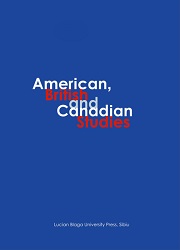
Cinema, as an artistic medium, has often explored profound existential questions and deeply inquired themes such as the relationship between Being and Non-Being. This study centers on three enigmatic films: Eraserhead, Begotten, and Pi, known for their surreal and contemplative nature. I investigate how these films convey representations of Non-Being and examine their potential ties to Indian philosophical perspectives on existence. The discussion will encompass various elements such as narrative, cinematography, symbolism, and motifs which contribute to the exploration of Non-Being. I explore common threads and distinct approaches to the theme, providing a broader understanding of how filmmakers use their art to grapple with existential questions. The analysis deals with the notions of reality, illusion, emptiness, and the interconnectedness of all existence. Exploring how these films offer unique insights into ontological themes and the nature of existence through a comparative approach, I aim to elucidate the filmmakers’ creative depictions of Non-Being and their potential connections to Eastern philosophical thought, either aligning with or challenging Indian philosophical perspectives (such as Advaita Vedanta, Buddhism, and Jainism) on the human experience and the nature of reality.
More...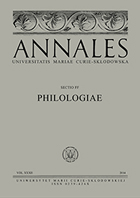
The article refers to the poem Farewell by Zbigniew Herbert and fundamental question is about the metaphor of the shore and the spatial relations associated with it. Topoi of the poem shows that the shore is connected here with the end of life, death, eschatological intuitions. The space designated by the riverside is the space of settling in, the lyrical subject says “I live now on the slope of the hill”. It allows us to refer to the concept of Martin Heidegger from his essay Building, Dwelling, Thinking. The shore in the poem is not a harbinger of a sad end but an announcement of what is on the other side, and in the text it is expressed by the metaphor “the other steep shore”.
More...
This paper discusses the classical problem of the of the traditions of God's nature with the pressing experiences of unhidden evil and destruction within human history, as well as its atheistic resolution. In doing so, this problem is paralleled with the question of personal identity of individuals, under the conditions of a behavior which is otherwise unexpected and dissonant in regards to everyday dispositions. In the further course of the discussion, we treat the famous, so-called. “Inconsistent trilemma" (God is omnipotent, God is unlimitedly good, There is evil), and question some of its aspects, that is, the consequences that are usually drawn from there. Concludingly, this paper argues that the agnosticism is more rational response to the problem of theodetic than atheism: There are stronger reasons in favor of the thesis that it is not completely clear whether God does exist or not – than for the outright denial of his possible existence as atheism claims.
More...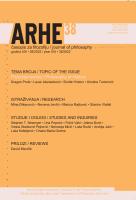
Considering the fact that Rudolf Bultmann was a priest and theologian who was also interested in questions of contemporary philosophy, the author is aiming to inquire are Bultman’s reflections about the problem of history are closer to Christian or contemporary conceptions. The author considers that we could answer that question by analyzing the concept of the eschaton which is the central concept of a Christian understanding of history. The results of this examination should demonstrate that Bultman’s understanding of the concept of the eschaton is different from traditional Christian concepts. In that manner, Bultman’s conceptions contribute to the fact that some Christian ideas continue to live through the prism of existentialist philosophy.
More...
The existentialist philosophical position of Karl Jaspers, according to which the essential determination of man is based on philosophical faith, which overcomes the subject-object correlation by identifying them, is elaborated in detail. The experience of comprehensiveness, which is achieved through the key epistemological concept of the subject-object split, which, according to Jaspers, is a passage to personal freedom and faith, is especially addressed. From this he derives a strictly existentialist position according to which being cannot be known and finally determined by pure thought, because it is conceptually elusive, that is, it can only be experienced. In particular, Jaspers' questions of what I know and what really is are exposed and analyzed, on which he points the way to true existence to students and followers through the practice of self-knowledge. Striving to cleanse his thought of sensory illusions by formulating his own philosophical method, which goes beyond Husserl's phenomenology, he introduces ontological characteristics: being is logos, which we experience through the constant and unpredictable change of reality. In order to bring it closer to us, Jaspers used dialectics in metaphysics: being is and is not, and becomes, and exists, and is cause and effect, and its attributes are actually endless. In this position is the essence and basic meaning of Jaspers' existentialist method, which should lead man as a soul-body structure to true existence and complete freedom.
More...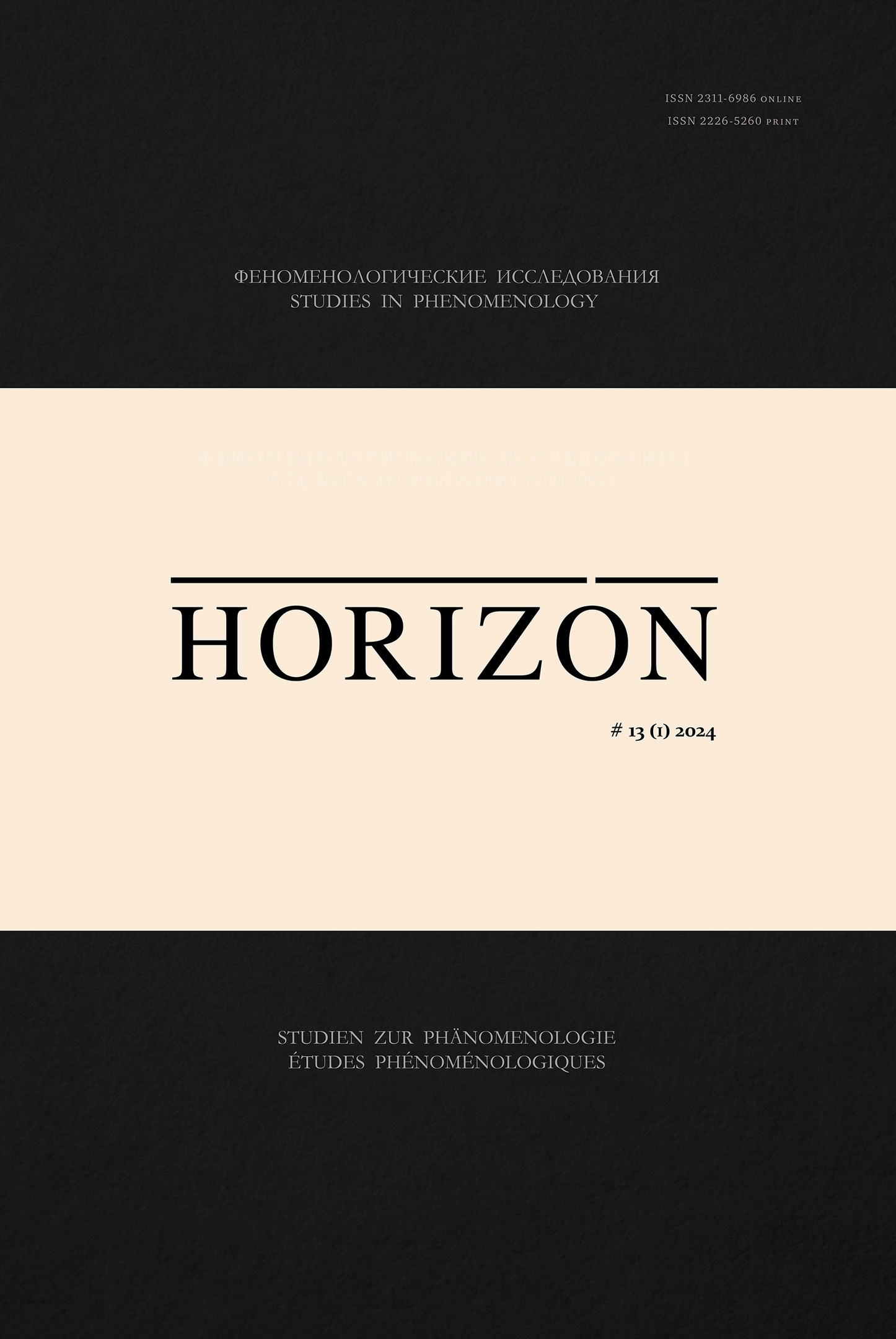
This article reconstructs the normative strategy of interpretation of Martin Heidegger’s Being and Time in modern analytical philosophy, and also proposes a theoretical framework for understanding this strategy as a historical phenomenon. The article describes the development of the normative direction in the interpretation of Heidegger’s fundamental ontology. Its first branch—the socio-normative, or the neopragmatist one—is associated with such philosophers as John Haugel and and Robert Brandom. The second one—the ethico-normative, or postneopragmatist one—branch is represented by StevenCrowell and Sacha Golob. It is shown that the first group of normativists focused mainly on implicit social norms and structures of conformity, while the second—focuses primarily on Kantian ethics and Christina Korsgaard’s interpretation of Kant, as well as on the inferentialist philosophy of language of Robert Brandom. The conceptual schemes used by each of the representatives of these approaches are reconstructed. The connections of different approaches within the framework of the normative direction with each other are shown. The concept of a relay race is proposed, which can describe normative Heideggerianism as a historical phenomenon. It is shown that the development of normative Heideggerianism can be characterized as theoretical progress in relation to the accuracy of the interpretation of Heidegger’s texts. The grounds for the comparative “progressiveness” of different normative approaches in the updates of the basic normative conceptual scheme that they involve are clarified. Itis also shown that the progress of the normative conceptual scheme in the direction of flexibility and adaptation to Heidegger’s text is fraught with a loss of meaningfulness of the very concept of norm. Itis argued that the concept of norm, despite the loss of its empirical content, can be used to translate Heidegger’s concepts for pragmatic reasons.
More...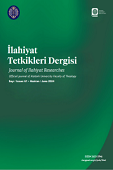
The view of the human being in religious education in our country is shaped according to approaches that base their theology on Islam and their philosophy on the progressive-humanist modern understanding of education. Therefore, the theoretical background of the ontology of the human being in religious education is formed by Islamic thought and the human conception of the progressive-humanist tradition. It is seen that Islamic thought places the conception of a free and responsible human being at the center of the world of existence in proportion to his/her individual will. In the modern education system carried out on the axis of the progressivehumanist paradigm, however, the view of the human being is to see the individual's self-knowledge and selfrealization as the main goal by focusing on his/her interests, needs and experiences. In this case, it can be said that religious education's view of human beings is based on an eclectic ontology. Although the efforts of Islamic thought beings and humanize education are seen as a great accumulation of knowledge, the awareness of human beings towards their own existence appears as the deficiencies of both approaches. In this case, the question of how to ensure awareness of human existence in religious education, on which grounds the basic sources, references and the view of human beings will be built is a fundamental problem for the ontology of religious education. The aim of the research is to address the view of human ontology in religious education based on the deficiencies of Islamic thought and modern educational understanding and to try to shape it on the basis of the existential processes that lead to the concrete human understanding of Kierkegaard, who laid the foundations of existentialism. In the study, the answer to how religious education will shed light on the realization of one's existence as an individual has also been tried to be sought. As a result of the study, it was seen that in religious education, it is necessary to create the ontology of the human being not on a horizontal and individual level, but on a vertical and metaphysical ground. Realizing this in religious education will be possible by satisfying the mind and heart of the individual, ensuring that what is taught has an equivalent in life, and creating a subjective and intrinsic understanding of religiosity.
More...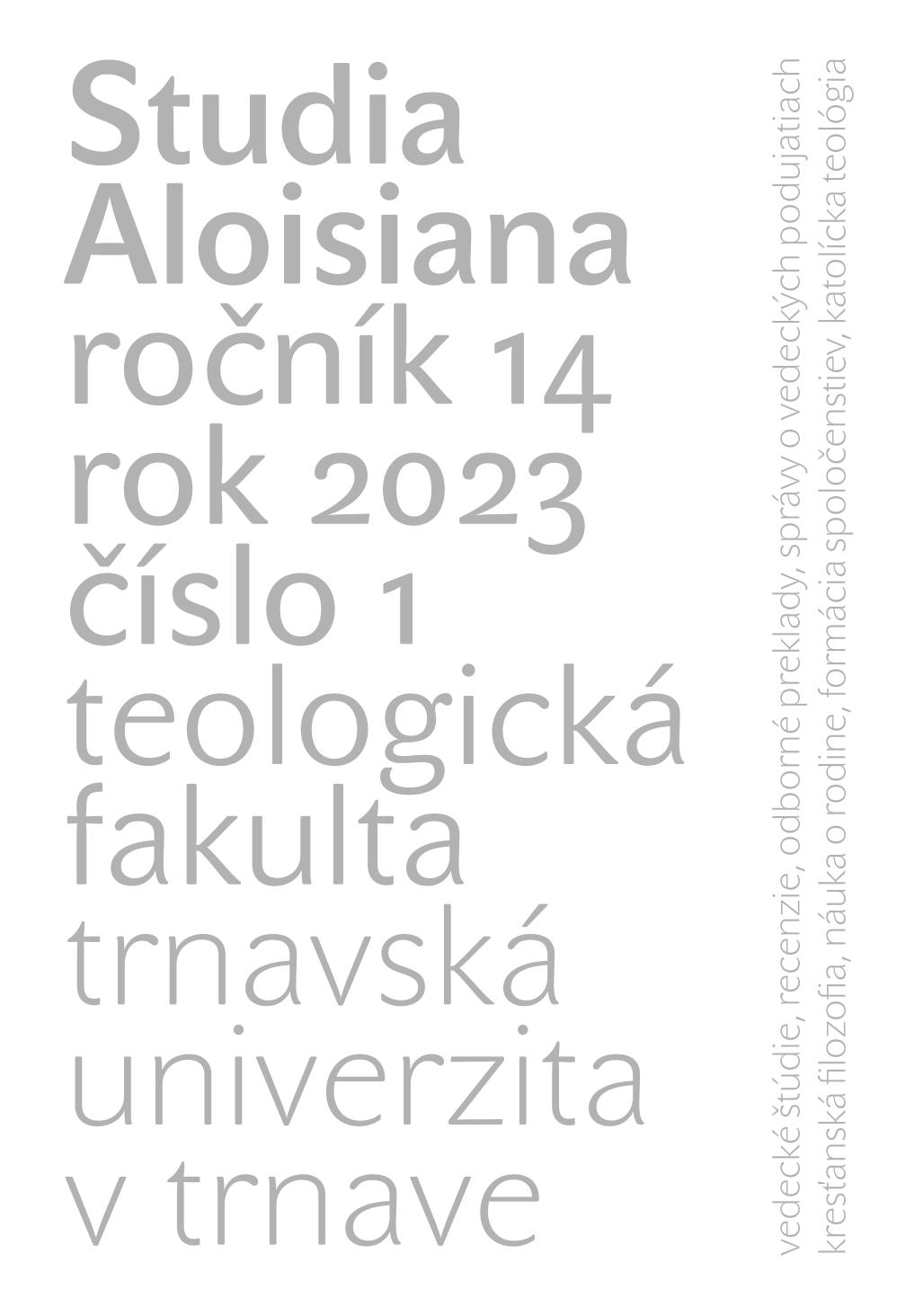
The aim of this study is to show the existential significance not only of death, but also of reflection about death. Based on the existential philosophy of J. P. Sartre and G. Marcel, it intends to show the importance of dealing with death and its significance, as it is necessarily connected with a concept of human, meaning of life and a metaphysical nature of the world. It is freedom and the possibility of choice that are the most precious in human life because it enables him to take a certain attitude towards absurdity of life and death. It can be an attitude of solidarity (Sartre) or that one of oblative love (Marcel).
More...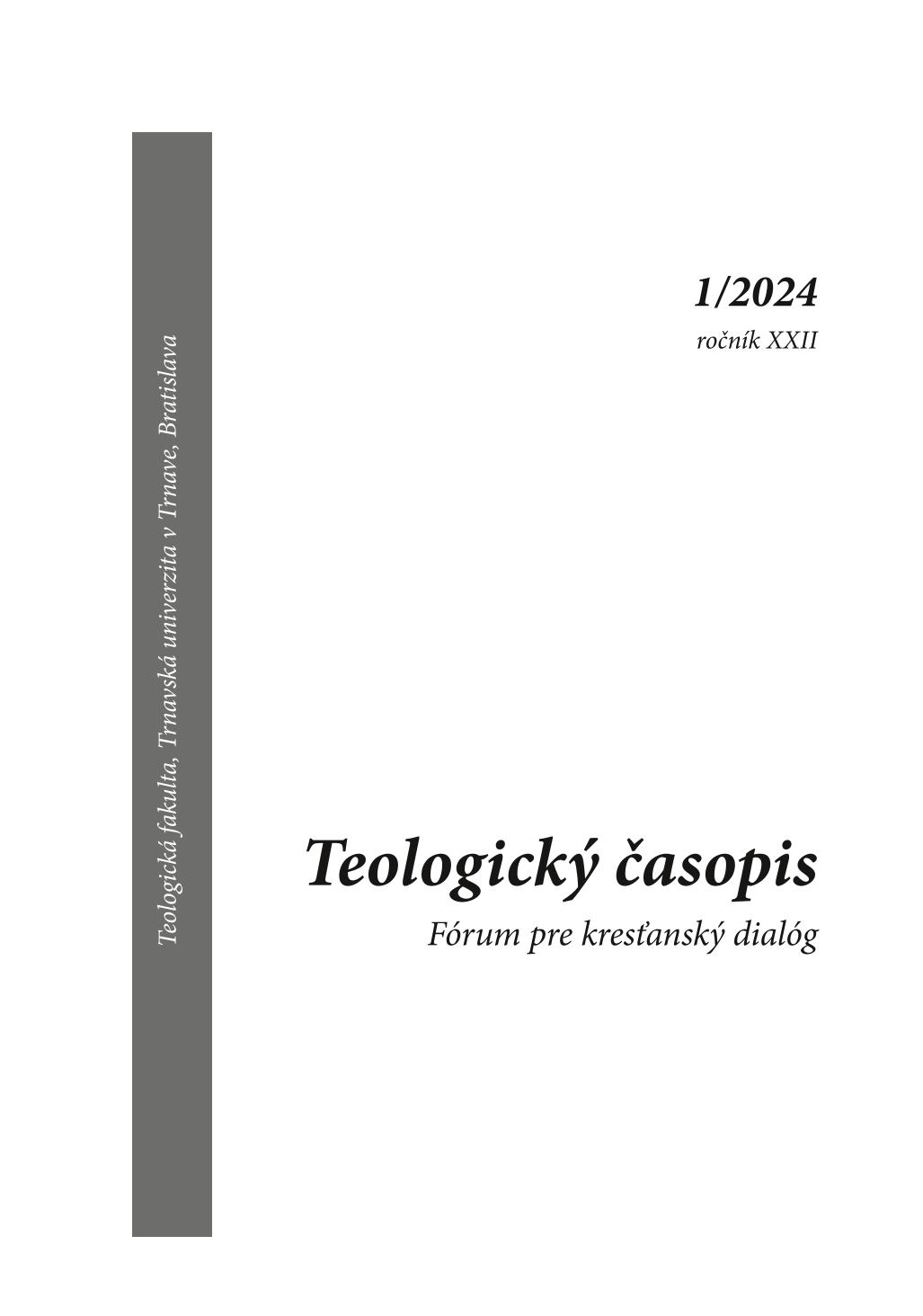
The aim of the article is, with reference to the still current and discussed problem of the relationship between reason and religious faith, to point out the surprising harmony of the philosophical positions of Kierkegaard and Wittgenstein, emphasizing the a-rationality of belief in an infinite God and in his ‚absurd‘ incarnation into the ‚finite‘, with experimentally proven ‚irrational‘ conclusions of modern quantum philosophy, focusing on ironic ´irrationality´ of modern science. Kierkegaard‘s emphasis on the subjectivity of belief in the ‚absolute paradox‘ is in strong congruence with Wittgenstein‘s ‚necessary silence‘ before the the ´Ineffable´, mystical and transcendent ‚Point beyond the world‘, God, who reveals himself through the miraculously created universe. The common denominator of both philosophical positions is the mandatory prioritization of orthopraxis over orthodoxy in matters of subjective faith and over objective rational ‚proofs‘ of divine existence.
More...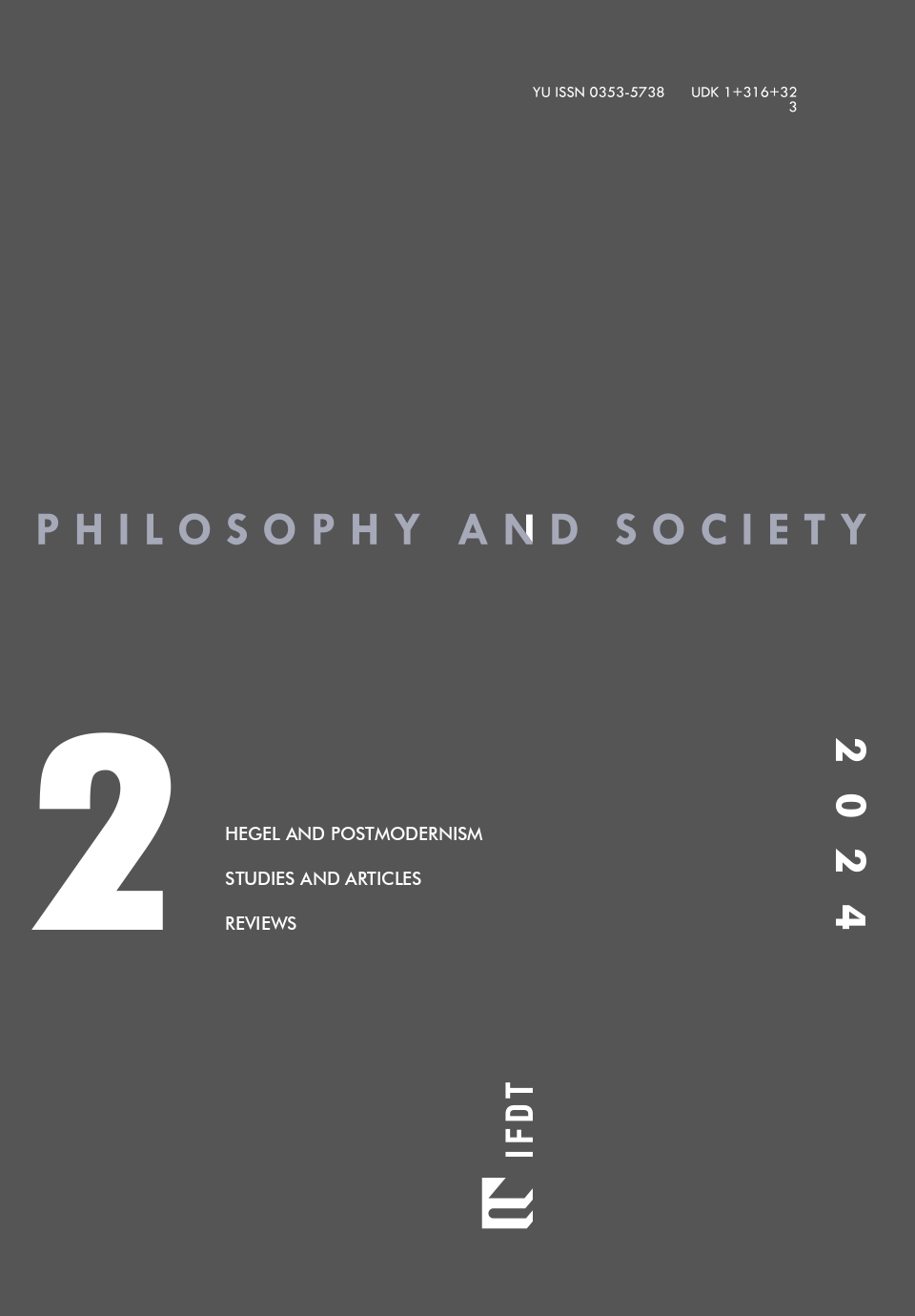
This text explores the nuances of choice and consequence through the philosophical lenses of Pascal and Sartre. It contrasts Pascal’s transcendental faith-based approach with Sartre’s terrestrial decision-making, emphasizing the inherent paradox of engagement beginning before choice. It argues that authentic choice demands embracing the unknown and its extreme consequences, rejecting the spectator’s role for active participation. The text also examines the intellectual’s duality, caught between bourgeois origins and subaltern solidarity, and the antinomy of integrating science and revolution. It concludes with reflections on the intellectual’s role in revolutionary movements, highlighting the necessity of continuous critical engagement and the interplay of truth and error.
More...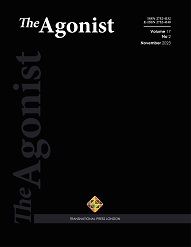
Nietzsche diagnosed nihilism as a “European problem” that would unfold into different kinds, such as reactive, negative, and affirmative. In this paper, I intend to look at some current events of our time under the lens of the nihilism diagnosed by Nietzsche and discussed by Vattimo. My aim is to problematize some questions related to such events and sustain an argument that nihilism is no longer a European event but a global one. I intend to look at specifics of migration in our time in Europe that may reveal that the European nihilism alluded by Nietzsche has spread to other continents, particularly in countries that were previously European colonies. Such countries inherited European values that were imposed onto local cultures, causing the eradication of groups, ways of life, languages, and the disappearance of local epistemologies in which the world disclosed itself in certain ways. This caused a violent detachment of local individuals, cultures and values that previously sustained their ways of life. However, since the values that were imposed by Europeans during colonization have lost their meaning, what does the flux of nonEuropean migrants happening in Europe reveal in relation to the current unfolding of nihilism and what possibilities may it bring for the overcoming of these corrosive forces? Adding to this complex scenario, Europe (as well as the whole world) is experiencing significant changes in climate that affect directly our interaction with the immanent world. Europeans are already experiencing some of the climate changes that cause displacement in other areas of the world bringing vulnerabilities to areas that previously experienced more steady and controlled environments. The idea here is to analyse how the confusion that nihilism brings to our time, particularly on the issue of migration and also change in climate, exposes all beings to a kind of vulnerability and, at the same time, if we look carefully, it also could expose strengths of those who have been previous excluded. This, I argue, may lead to a reorganisation of forces.
More...
The article aims to present a new concept of risk behavior and addiction prevention, which is logoprophylaxis, as well as to show its place in the context of preventive activities. Logoprophylaxis is derived from Viktor E. Frankl’s concept of logotherapy. Its primary goal is to counteract existential crises resulting from a sense of lack of meaning in life, which in turn leads to such phenomena as addictions or risky behavior. The authors present sources, principles and strategies of logoprophylaxis and the possibilities of their application to the phenomenon of social anomie.
More...